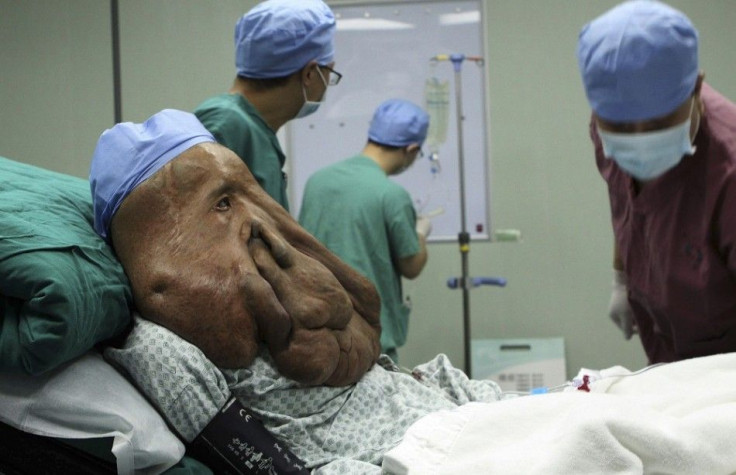Doctor Accused In Child Abuse Case In The U.S. Practising In Australia Untouched by Authorities

A radiologist of Indian origin, who fled the U.S. before facing a court trial on charges of attempted child sex, has been practising in Australia for many years, avoiding action from the legal and medical authorities. Dr. Max Mehta was held in Dallas, Texas, in 2004 on the charge of soliciting a 15-year-old deaf girl for sex during an online chat. What trapped him was that the deaf girl in the chat room was actually a police officer in disguise.
Mehta was arrested when he reached the address believing it to be the girl's home. He was charged with soliciting a minor with sexual demands, reports The Guardian. One of his ex colleagues, Dr Rauf Yousef, came across his details and alerted several authorities on Mehta's history in the U.S. But no action has come so far. This has raised questions over the procedures and lax background checks in the case of employing foreign doctors working in Australia. Any offence related to child abuse attracts a jail term of minimum 10 years, reports FindLaw.
Flees To New Zealand
Before the trial started, Mehta fled the USA and moved to New Zealand. He jumped the bail of $100,000. Since Mehta was neither convicted or nor put on trial, he could get through the police, immigration and work history checks. In 2007, he went in for a name change and became Robert Taylor. Mehta obtained New Zealand citizenship in 2008.
In 2009, the doctor moved to Australia on a Trans-Tasman New Zealand visa and joined the Goulburn Valley Imaging Group in Shepparton, Victoria as a radiologist. In Australia, Mehta was only asked to sign a statutory declaration that he had not been convicted of any offences. No criminal background checks seemed to have taken place.
The complainant Yousaf says, he sent out information about Mehta's background to many authorities who included politicians, police, AHPRA, and medical bodies. He also alerted the FBI and police agencies in Dallas.
Yousaf grew suspicious about Mehta, after he came across information about multiple forgeries by Mehta in his signature on a range of documents in the last few years. The detailed investigation led to evidence of Mehta's name-change and the criminal charges he is facing in the U.S.
Yousaf claims that he got information that Mehta left India for the U.S after facing a spousal abuse case under Dowry Act.
Extradition Unlikely
But Yousaf regretted that he has been told that extradition of Mehta was unlikely, because it was not among the most serious cases. Yousaf harbours the fear a child predator like Mehta in his current role "would have many patients who may be children. He should never have been allowed to have access to kids as long as he is cleared of the charges."
However, Mehta declined to comment on the queries such as why he left the U.S. and why he concealed the charges or what were the reasons that led to his name change.





















